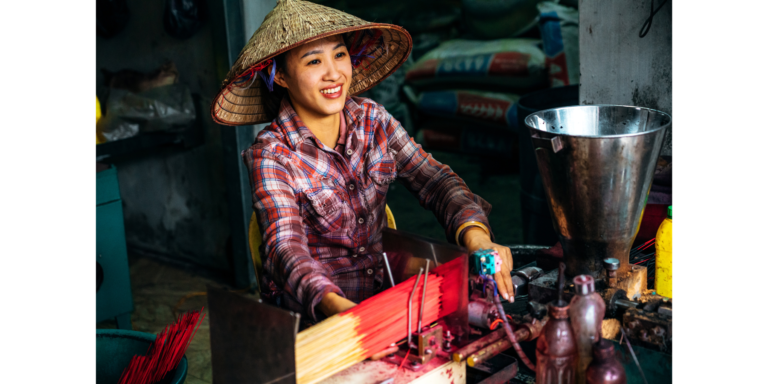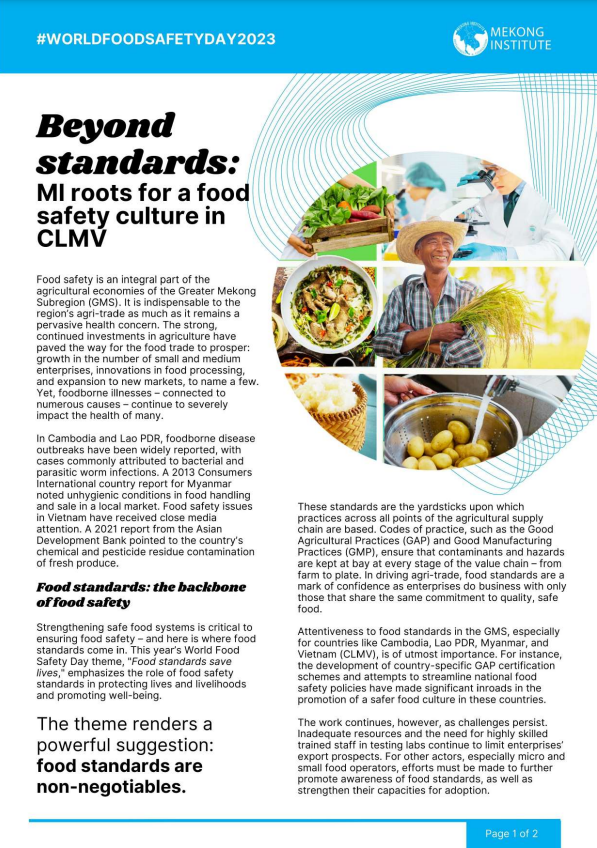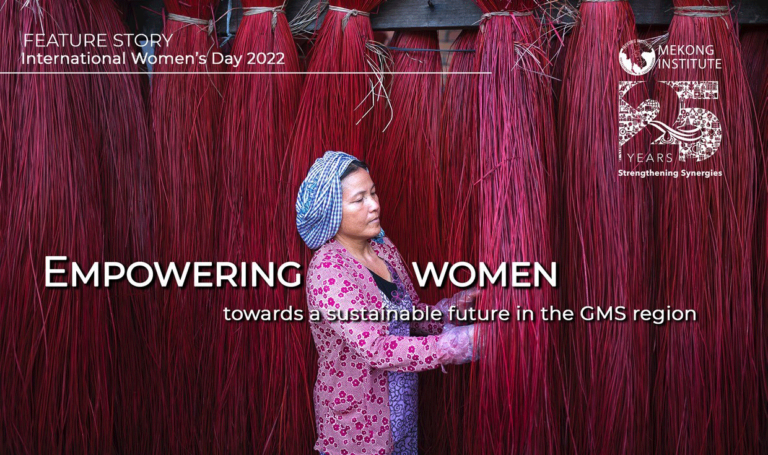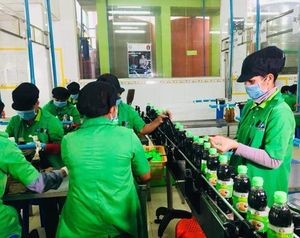
Small and medium enterprises (SMEs) are said to be the new drivers of economic growth, and this could not be any truer in Cambodia with its more than 530,000 SMEs according to a 2011 report. Of this number, a staggering 82 percent are accounted for by SMEs in the food and beverage sector. Serving both domestic and international markets, these SMEs acknowledge that food safety control systems are a must, and not simply an option. The close association between food safety regulations and control and the overall competitiveness of their products is not lost on them.
The lack of knowledge on technologies in product packaging and labeling, the inadequate food safety laws and regulations, and improper processing facilities are among some of the common problems that SMEs in the food sector of Cambodia bemoan. In the inception workshop of MI’s PROSAFE Project in Cambodia in July 2018, a group of SMEs has pointed out the need for technical support in product development and the implementation of Food Safety Management System (FSMS), while at the same time suggesting the establishment of a central laboratory with full capacity for food testing and better food control systems at cross-border checkpoints.
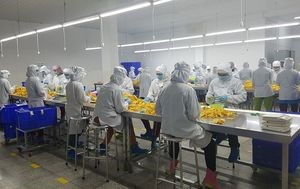
Recognizing the pivotal role of the SME sector in Cambodia, MI’s Food Safety Project continues to engage these businesses and food enterprises in capacity building initiatives that will encourage SMEs’ compliance to national and international food safety standards and ultimately, promote widespread understanding of food safety.
Since the launch of the Project in 2016, 79 Cambodian SMEs have been trained so far (via regional and localized training programs) to adopt food safety management systems such as Good Manufacturing Practices (GMP) and Hazard Analysis Critical Control Point (HACCP). Application of the knowledge and skills gained from these trainings has been enthusiastic and quick, with many of the SMEs that received training and hands-on support at their factory sites now currently implementing food safety programs. Two of them have even received their HACCP and ISO22000 certifications.
Kirirom Food Production (KFP), a dried and frozen mango processing firm, is one of these SMEs. The involvement of its staff members in MI’s trainings on GMP, HACCP and inspection and audit served well in further improving the implementation of KFP’s existing food safety management system. In 2017, the company successfully passed the audit and received its HACCP certification from Bureau Veritas.

Mr. Ly Heng, KFP Deputy QA Executive, remarks, “Implementing food safety management systems was our goal from the outset because food safety is the consumer’s greatest requirement today. This system has not only enabled us to convince our customers that our food is safe, but it has also helped us export our products to international markets, making our presence in the Cambodia market more known, and overall, increasing our sales and improving our competitiveness.
In August 2018, KFP managed another major milestone when they received their ISO22000 certificate. “MI has been very instrumental in helping us make this possible,” Mr. Heng adds. Leveraging on its relationship with New Zealand experts, MI linked KFP to food safety experts to provide technical support on their dried mango product.
Another SME, Leang Leang Enterprise (LLE), a fish sauce processing business, currently holds three food safety management systems certifications – HACCP, ISO9001-2015 and ISO22000 certification. These certifications, attests Mr. Tuy Sokneng, FSM team leader of LLE, are the best evidence that their business has done everything possible to earn the confidence of their customers, particularly in Cambodia where consumers have less trust when it comes to local products.
As with KFP, MI provided a local food safety consultant who advised on the certification process. Mr. Sokneng further explains that improving the internal controls and providing extensive training to their staff have resulted in better qualified and more effective personnel who will carry out and maintain their food safety programs. Its improved presence in the Cambodian market has paved the way to bigger dreams in the future: exporting their products regionally and globally.
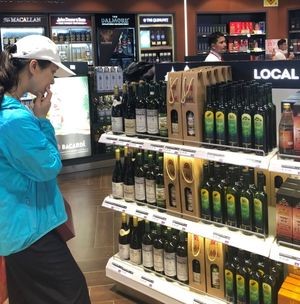
While receiving these certifications are indeed a major company boost, changing mindsets and practices in relation to GMP requirements is also equally critical. This is what Mr. Lim Phara of New Idea Enterprise (NIE) has committed to following a training he joined at MI. Since his introduction of a Good Manufacturing Practices program in his company in 2017, Mr. Phara admits to seeing the potential benefits, most notably the potential access to premium markets. Application for certification is certainly a major goal in the future, but even now, NIE is already enjoying access to a prime market when it started displaying its products at the Phnom Penh International Airport and major supermarkets and minimarts in the capital because of its premium quality and attractive packaging.
We are now convinced that food safety is our competitive advantage and we continue to work on this. With food safety certification, we have a better chance of putting our products on shelves in premium tourist shops, at the same time earning us the trust of our customers,
he adds.
Incorporating food safety systems offers immense benefits to Cambodian food SMEs. More than a guarantee to their consumers that the products they place on market shelves are safe for consumption, FSMS enable these small business players to better manage operational risks, build their company confidence and strengthen their position in the market. As more SMEs learn about food safety control and take on the initiative of introducing food safety management systems in their companies, the future of the Cambodian food SME sector looks bright.


